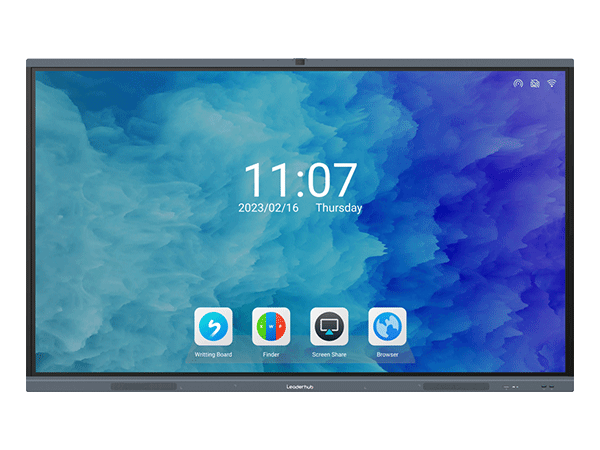The Versatile Tool Enhancing Interactivity and Usage Scenarios

With the rapid advancement of technology, tablet PCs have emerged as versatile devices that have revolutionized the way we interact with digital content. This article aims to provide a comprehensive analysis of the interactive functions and application scenarios that tablet PCs support.
The Interactive Functions of Tablet PCs
Tablet PCs come equipped with a wide range of interactive functions that enhance user experience. The touch screen interface is one of the most prominent features. It allows users to interact directly with the content by tapping, swiping, and pinching. This intuitive interface provides a natural and engaging way to navigate through apps, web pages, and multimedia content.
Furthermore, tablet PCs often include gesture recognition capabilities, enabling users to perform actions such as scrolling, zooming, and rotating by using simple finger gestures. This feature enhances the interactivity and efficiency of tasks, making tablet PCs suitable for gaming, graphic designing, and other creative applications.
Another important interactive function offered by tablet PCs is handwriting recognition. This feature allows users to write directly on the screen using a stylus or their fingers. The device then converts the handwriting into digital text, making note-taking, document annotation, and drawing more convenient and efficient.
Application Scenarios for Tablet PCs
Tablet PCs have found numerous application scenarios across various industries and fields. In education, tablets are extensively used in classrooms as interactive learning tools. Students can access digital textbooks, educational apps, and multimedia content, enhancing their engagement and understanding of the subject matter.
In the business world, tablet PCs have become essential devices for professionals who require mobility and versatility. Sales representatives can give presentations, take orders, and showcase products using tablet PCs, eliminating the need for bulky paperwork and improving efficiency.
Tablet PCs are also widely used in the healthcare industry. Healthcare providers can use tablets for patient charting, accessing medical records, and conducting telemedicine consultations. This enhances the quality of patient care by providing quick and accurate access to information.
Conclusion
In conclusion, tablet PCs offer a wide range of interactive functions and application scenarios that have significantly transformed the way we interact with digital content. The touch screen interface, gesture recognition, and handwriting recognition features enable a seamless and intuitive user experience. Moreover, tablet PCs have found valuable applications in education, business, healthcare, and various other sectors. As technology continues to advance, tablet PCs are expected to further expand their functionalities and usage scenarios, continuing to be an indispensable tool in our digital world.

